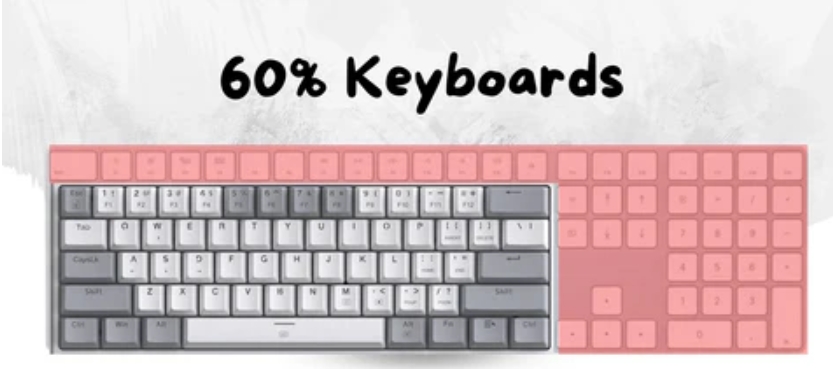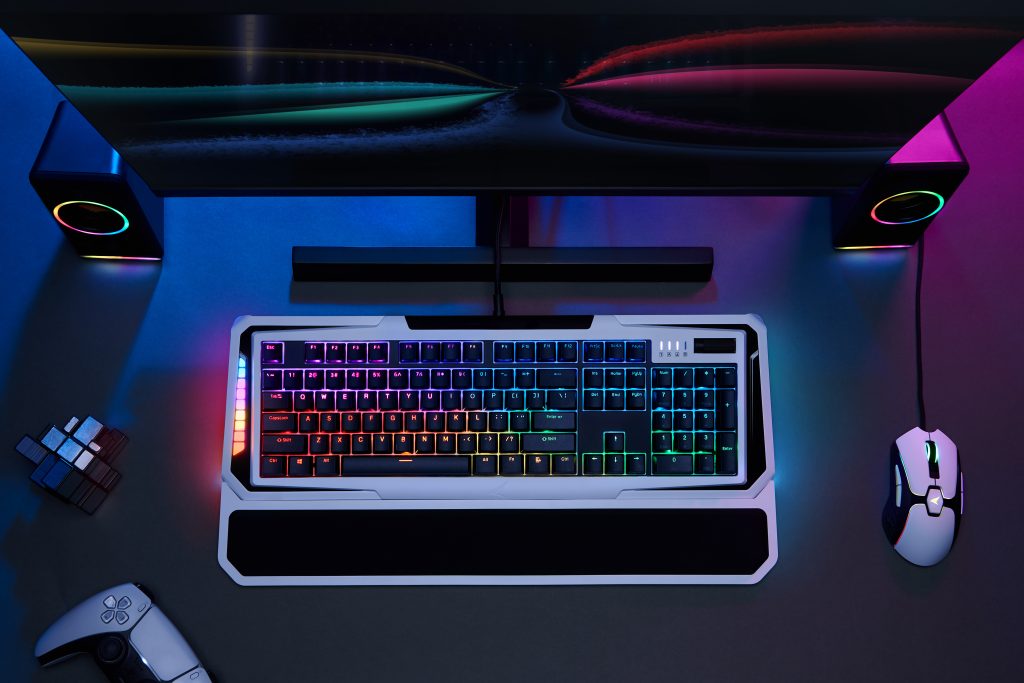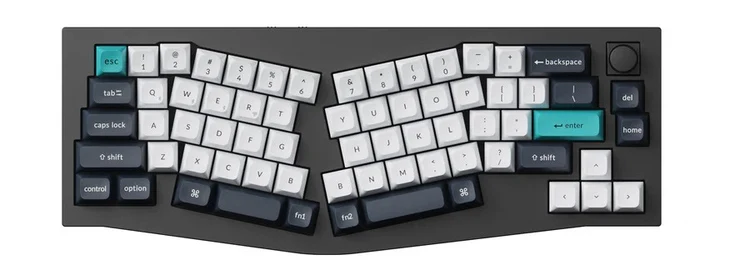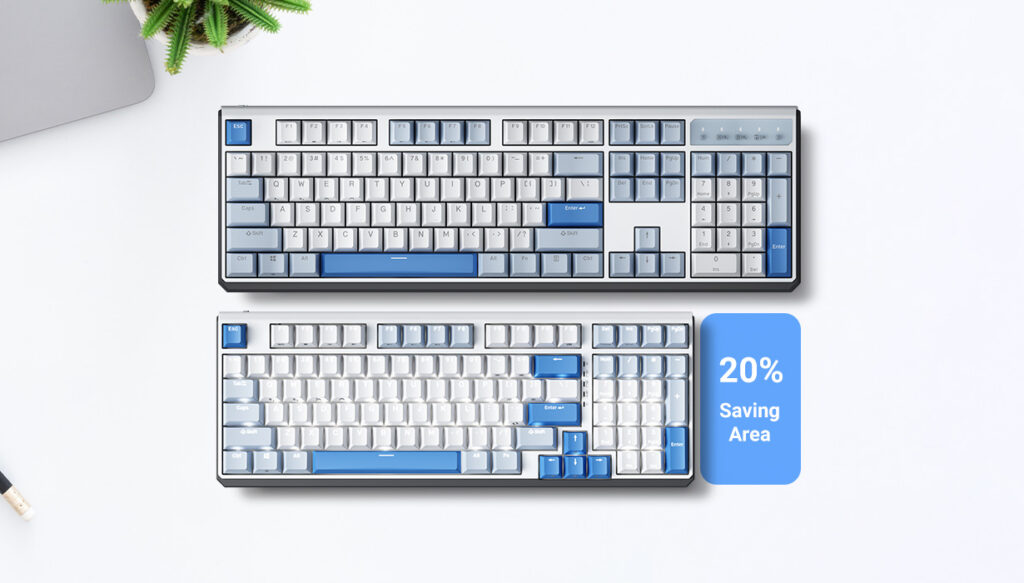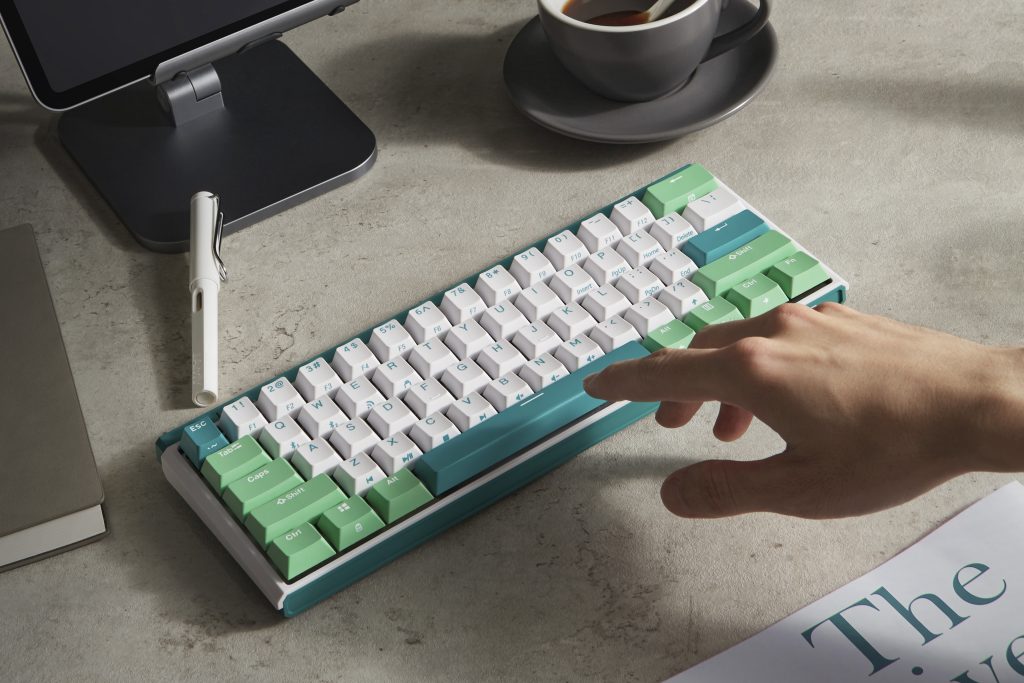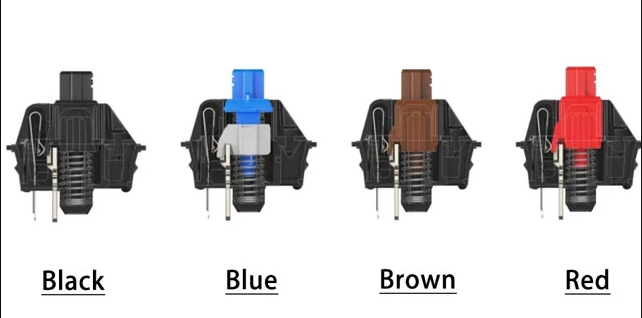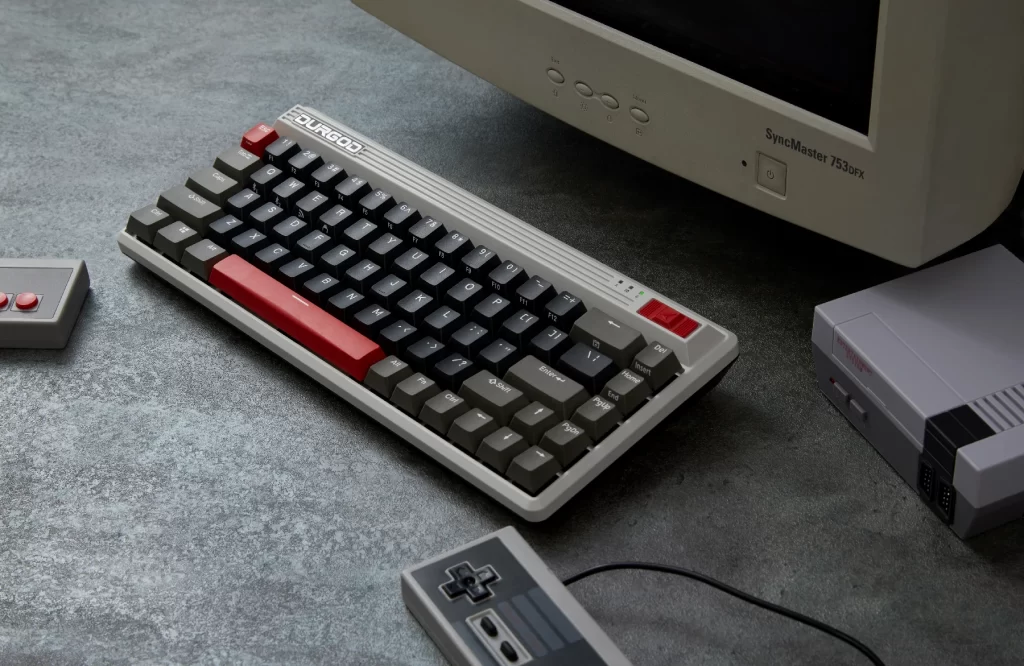In the realm of keyboards, two primary contenders vie for dominance: mechanical keyboard vs membrane. The choice between these two types can significantly impact your typing experience, productivity, and even gaming performance. In this comprehensive guide, we’ll delve into the key differences between mechanical and membrane keyboards, helping you make an informed decision based on your preferences and requirements.
Understanding Mechanical Keyboards
Mechanical keyboards are revered for their robust construction and tactile feedback. Each key contains its own mechanical switch, typically made of metal components, which actuates with a distinct “click” or “clack.” This tactile feedback provides users with a satisfying typing experience and helps prevent accidental key presses.
On the other hand, membrane keyboards utilize a different technology altogether. Instead of individual mechanical switches, membrane keyboards feature a single membrane layer beneath the keys. When a key is pressed, the membrane collapses, completing an electrical circuit and registering the keystroke. This design results in a quieter typing experience but lacks the tactile feedback of mechanical keyboards.
Advantages of Mechanical Keyboards
One of the most significant advantages of mechanical keyboards is their durability. Mechanical switches are rated for tens of millions of keystrokes, making them ideal for heavy typists and gamers alike. Additionally, the tactile feedback offered by mechanical keyboards can reduce typing fatigue and improve typing speed and accuracy over time.
Furthermore, mechanical keyboards offer greater customization options. With various switch types available, including linear, tactile, and clicky switches, users can choose a keyboard that best suits their typing style and preferences. Additionally, many mechanical keyboards feature customizable keycaps and backlighting options, allowing users to personalize their setup to their liking.
Advantages of Membrane Keyboards
While mechanical keyboards have their merits, membrane keyboards also have their place in the keyboard landscape. One of the primary advantages of membrane keyboards is their affordability. Due to their simpler construction and fewer moving parts, membrane keyboards are often more budget-friendly than their mechanical counterparts.
Additionally, membrane keyboards tend to be quieter than mechanical keyboards, making them a popular choice for office environments or shared spaces where noise may be a concern. The lack of tactile feedback may also be preferable for users who prefer a softer typing experience or need to type for extended periods without experiencing fatigue.
Choosing the Right Keyboard for You
Ultimately, the choice between a mechanical and membrane keyboard comes down to personal preference and specific use cases. If you prioritize durability, tactile feedback, and customization options, a mechanical keyboard may be the ideal choice for you. However, if affordability, quiet operation, and simplicity are more important factors, a membrane keyboard may better suit your needs.
In the ongoing debate between mechanical and membrane keyboards, there is no one-size-fits-all answer. Both types offer unique advantages and cater to different preferences and requirements. By understanding the differences between mechanical and membrane keyboards, you can make an informed decision and choose the keyboard that best fits your typing style, budget, and personal preferences. Whether you opt for the satisfying click of a mechanical keyboard or the quiet operation of a membrane keyboard, the key is to find the keyboard that enhances your typing experience and productivity.
For more knowledge of mechanical keyboards, visit DURGOD.




